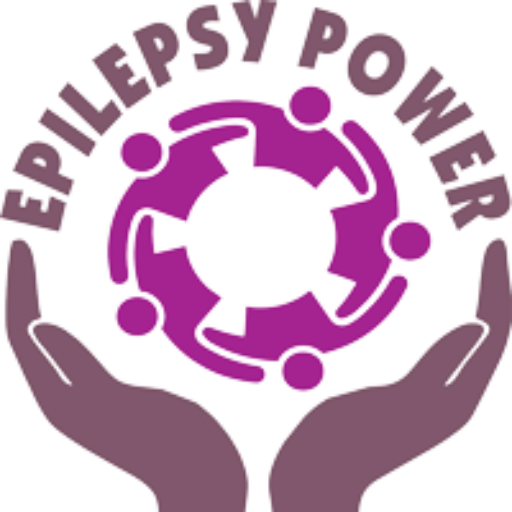- Introduction
- Section 1: Obstacles to better professional integration for people with disabilities, particularly epilepsy
- Section 2: The international legal framework
- Section 3: The european legal framework
- Section 4: Equal opportunity rights in Italy
- Section 5: Equal opportunity rights in Bulgaria
- Section 6: Equal opportunity rights in Ireland
- Section 7: Equal opportunity rights in Germany
- Section 8: Equal opportunity rights in France
- Section 9: Summary of key points concerning legislation to promote the professional integration of disabled people in Italy, Bulgaria, Ireland, Germany and France.
- Concluding remarks
- Quiz
Numerous obstacles still hinder the professional integration of people with disabilities. Stigma, inadequate accommodations and policies, educational inequalities, and a lack of support and resources are major challenges to enhancing the professional inclusion of people with epilepsy.
Nevertheless, the international,European and national legal frameworks in Europe play a crucial role in promoting equal opportunities and professional integration for people with disabilities, including those with epilepsy. To overcome these obstacles, it is essential to raise awareness, improve implementation of existing legislation, ensure inclusive working environments and provide adequate support for both employers and employees.
Although each country (Italy, Bulgaria, Ireland, Germany and France) has its own specific characteristics, common features include the prohibition of discrimination, the obligation of reasonable accommodation, employment quotas, subsidies and financial support, as well as awareness-raising and training initiatives. These elements are all aimed at promoting the inclusion of disabled people in the job market.
- The setting of employment quotas, which is used in several European countries, is an important element in getting companies to hire disabled people. Companies generally fail to meet quotas, but without this law, most employers would not even consider hiring them. There is the chance that quotas can encourage employers to treat disabled people differently from the rest of the workforce, thus paradoxically marginalizing them. This can lead to people continuing to hide their disability and discourage them from disclosing it, which could be dangerous in a crisis, if colleagues are not equipped to help the person. Anti-discrimination laws also make a significant contribution to the employment of people with disabilities, although there is still a wide gap between existing international or national legislation and its actual implementation and enforcement.
Information sources used
https://epilepsypower-project.eu/en/results
Suggested reading
https://www.ibe-epilepsy.org/epilepsy-and-employment-a-guide-for-workers-and-employers/
